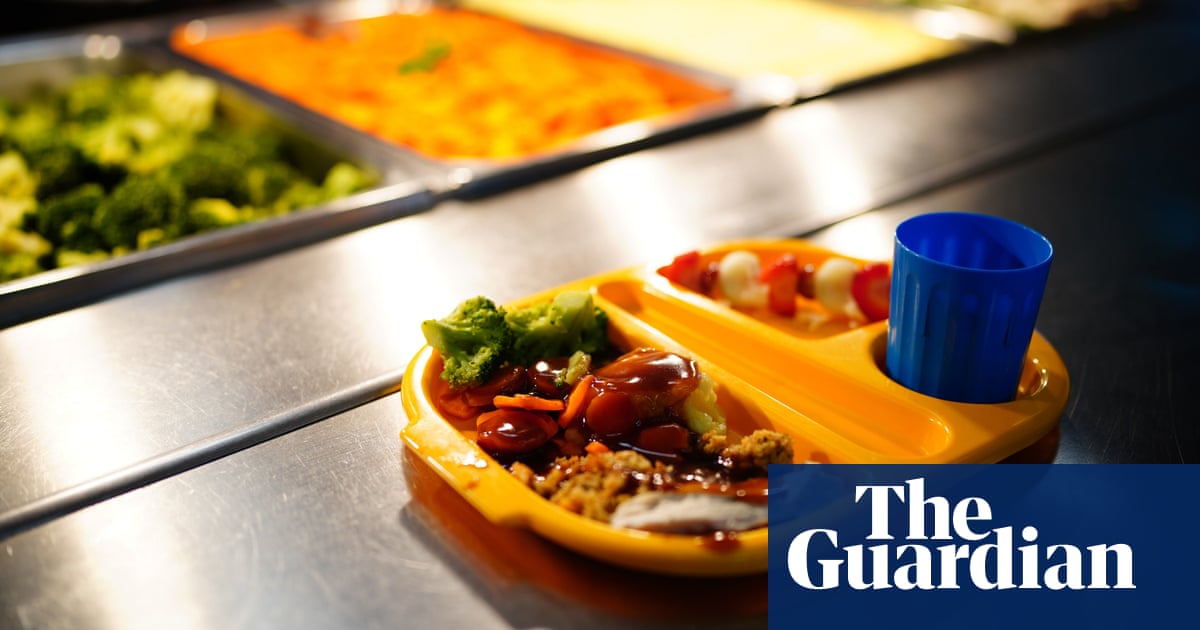
The number of babies in England that have suffered serious injury through abuse or neglect during the Covid pandemic is up by a fifth on the same period last year, and eight have died from their injuries, according to Ofsted.
More than 300 “serious incident notifications” of injury and death involving children were reported by local authorities between April and October, of which almost 40% involved children under the age of one.
According to Amanda Spielman, Ofsted’s chief inspector, more than half of those babies – 64 in total – suffered non-accidental injuries. “And sadly, eight died as a result,” she said.
The figures confirm fears among those working in children’s services about the impact of lockdown and the continuing Covid pandemic on vulnerable children, particularly babies, growing up in the most troubled families.
In a speech to the National Children and Adults Services conference on Friday, Spielman will say violence towards babies is not new, with more than a quarter of incidents reported to the child safeguarding practice review panel last year arising out of non-accidental injuries.
But she describes the additional strain on vulnerable families during lockdown as a “Covid pressure cooker” that has created additional risk for the youngest and most vulnerable children.
“Tighter restrictions have brought increased tensions for many, especially in the most troubled families,” Spielman will say. “We’re all spending more time at home these days. For most children, that’s a place of comfort at best, boredom at worst. But for some, sadly, it’s a source of danger.”
She said families that were already struggling with poverty, poor housing and mental ill health were facing a “toxic mix” of additional pressures including financial hardship, loss of employment, isolation and close family proximity.
Ofsted also reported a high number of unexpected infant deaths, which it called “preventable tragedies”, including cases where babies died after sharing a bed or sofa with a parent who had been drinking.
Spielman will urge all professionals dealing with children – including midwives, health visitors and GPs, as well as staff working in schools and nurseries – to work together to identify and protect vulnerable children as the second lockdown gets under way.
“Of course, babies can’t tell an adult if there’s a problem. Often, abuse is only uncovered when there’s a critical injury, or it’s too late,” she said. “Another young life damaged, and in the worst cases, lost, before it’s really had chance to begin … It doesn’t bear thinking about. But we must all be alive to this hidden danger. As ever, we cannot overstate the importance of curiosity here. It may not always be comfortable territory. But the right questions protect children.”
The latest restrictions could hamper face-to-face visits, she will say. “But while these children are out of sight, they should never be out of mind.”
Local authorities are required to report any serious incidents where a child dies or is harmed through abuse or neglect to the child safeguarding practice review panel, which alerts Ofsted and the Department for Education.
Child protection referrals dropped by more than half in some areas of England over the first lockdown period, when schools were closed to all but the most vulnerable and children of key workers, and families were asked to stay at home.
With schools remaining open during England’s latest month-long lockdown, children’s services say vulnerable children will be more visible and professionals will be able to report any concerns.












